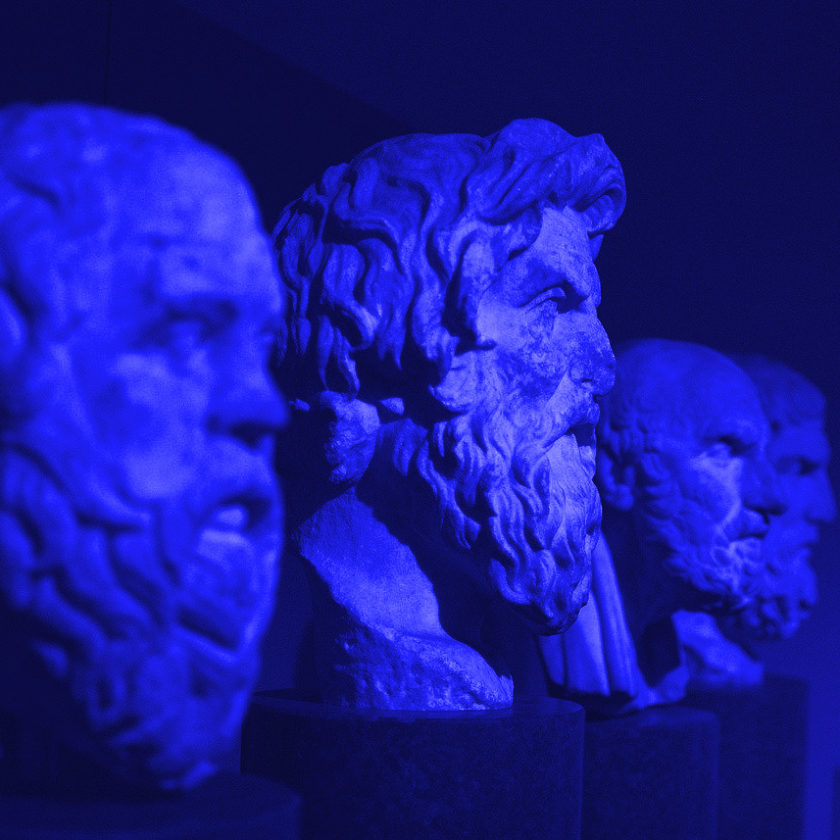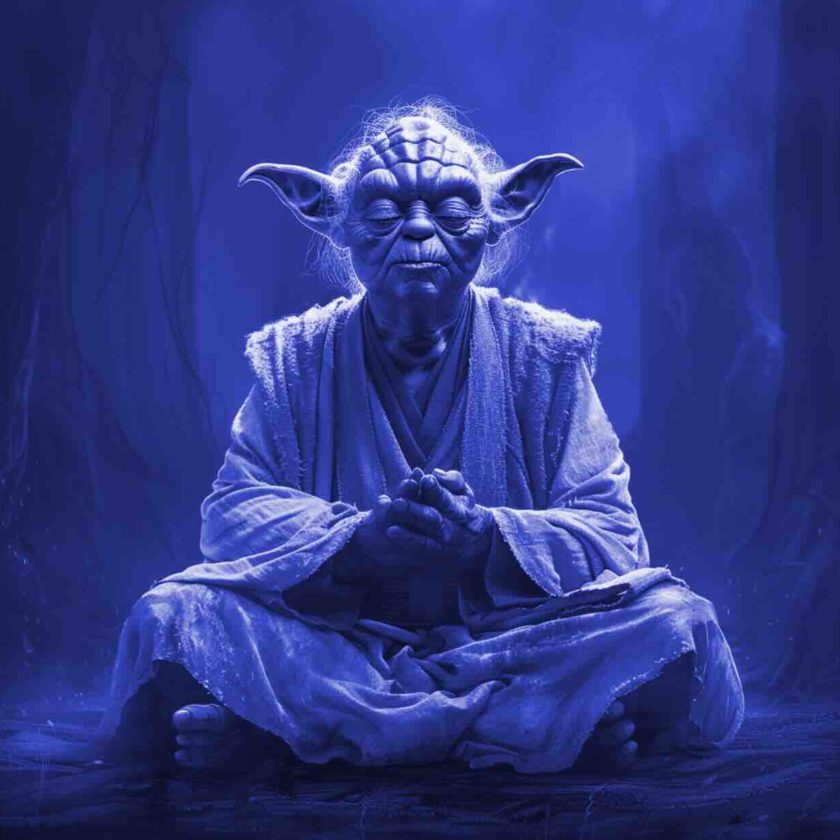The word authentic comes from the Greek αὐθέντης, authentês (“author, perpetrator”) with the suffix -ικός, -ikós, literally “of the author.” It should be understood by the initial question, are you your own author or a copy of someone else? It’s a question we all ask ourselves at some point. Are we living as an expression of our purest essence or is it being interfered with by outside interference that clutters the channeling of this energy?
The image we have of ourselves can be like a mist: we move forward in uncertainty, it is then more comforting to follow someone else’s shadow. It is necessary, especially at a young age, to have models, whether they are our parents or the influential people of our time. However, if we live our whole life copying our predecessors, we can’t go out and meet our true self. It is like skydiving without ever jumping out of the plane. You are safe in the cockpit, following the path of the airplane, yet it is not the purpose to stay in that cockpit indefinitely. You can of course observe others, see how they jump and what trajectory they take, nevertheless it is vain to want to live like another. You can never be another, at most a pale copy, as pathetic as a look-alike in need of recognition. You will never start from the same place as your models, so you have to accept that your life path will separate from them at some point, so that you can take your own path.
Do not live in illusion, believing that you can follow in the footsteps of another is an intoxication that you must not give in to. Accept humbly the hazards that come your way, face them as a lion faces a poacher. The problems that come your way are there for you to meet your higher self, accept the challenge and you will arrive sooner than you think at the feeling of being in your place where you are.
# Being authentic is also not trying to be better than what you are.
It is said that the wise person is the one who knows the problem without having tasted it. Unfortunately, not everyone has this ability. Can one really be convinced of the reality of a danger without having really tasted it? This question is interesting because we like to experiment like a child playing with fire, so much its glow bewitches us. Danger plays the same role, that is to say that it enthuses us for the transgression it suggests and the promises of pleasure it offers us. The wise man is moved only by his reason, and this is what distinguishes him from the common mortal. Wisdom is not given to us, so it is vain to want to act as a wise man if he is not really wise. One of the paradoxes of wisdom is that we can learn to become wise by not being wise at first: through our mistakes, we change. We all have different predispositions to wisdom, those who stand out the most at the end of their lives have often had a fairly normal life from which they have learned their own lessons. Wisdom is a process of decanting rather than deliberate acquisition of knowledge.
# Desiring to please and be sympathetic often robs us of an opportunity to be authentic
Beware of sympathy without empathy
How can we be sympathetic if we are not empathetic? In fact, I don’t think it’s possible. Sympathy without empathy is a facade, a mask that we show to people to hide our real intentions. That’s why I think it’s useless to try to be sympathetic if you haven’t developed your sympathy before. Of course, being empathetic will not make us sympathetic right away, but it is the necessary step to make us truly sympathetic later on.
# Reducing identity
Man is satisfied with little, but if you give him too much, he will want more. This principle also applies to identity. If you collect identity trophies, you will privilege the container rather than the content. The search for meaning is most often based on simple principles that are applied every day. Going beyond that is more of a posture or collector’s syndrome.
We are more than a gender, a language, a nationality, a religion, a political conviction, a sexual orientation, a profession, a species (human in this case), a diet (omnivorous or vegetarian, etc.), etc., we are beings of consciousness and reflection. By wanting to think too much according to a particular identity, we come to not be able to think things really, with neutrality or even intellectual honesty, we become locked in an identity that we have built ourselves or that we have been bequeathed as a burden. The problem with thinking in -ist (Buddhist, nationalist, socialist, pacifist etc.) is that we confine ourselves in a way of thinking that builds walls between us and others. It is good to have a model to follow, but it is bad to make this model one’s truth, the truth that one wishes to impose on others, at the risk of lacking empathy and ultimately being the result of conditioning. We are all conditioned by the environment in which we grew up. However, it is appropriate that the cultural, religious etc. heritage of this environment is an open richness, like an incomplete puzzle that is enriched by the puzzle of others. The problem is that often we put a closed frame on this puzzle, thinking that it is finished, because we have established the limits of who we are and finally we have closed ourselves to the world. So when we shrink our puzzle, we prevent others from being able to take pieces of it, and as a result they too become poorer and sometimes they in turn put up barriers around themselves. Our identity excesses create an identity withdrawal, just as their identity excesses create our own identity withdrawal. Everyone then raises their shields thinking that this heritage is in danger in front of the closure and intransigence of others.
It is difficult not to develop a rigid identity because we are always asked to define ourselves in relation to rigid things when we could refuse to do so.










